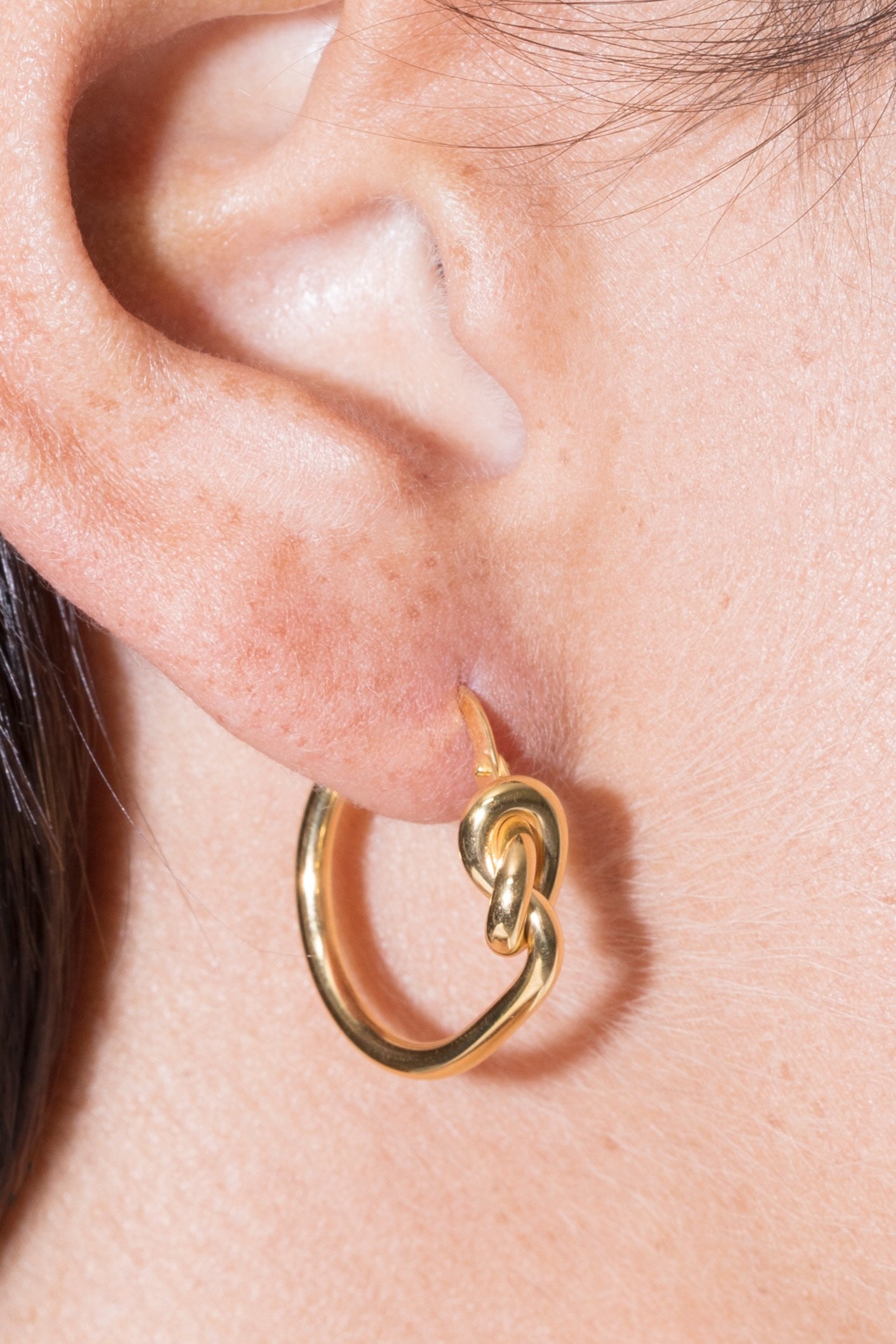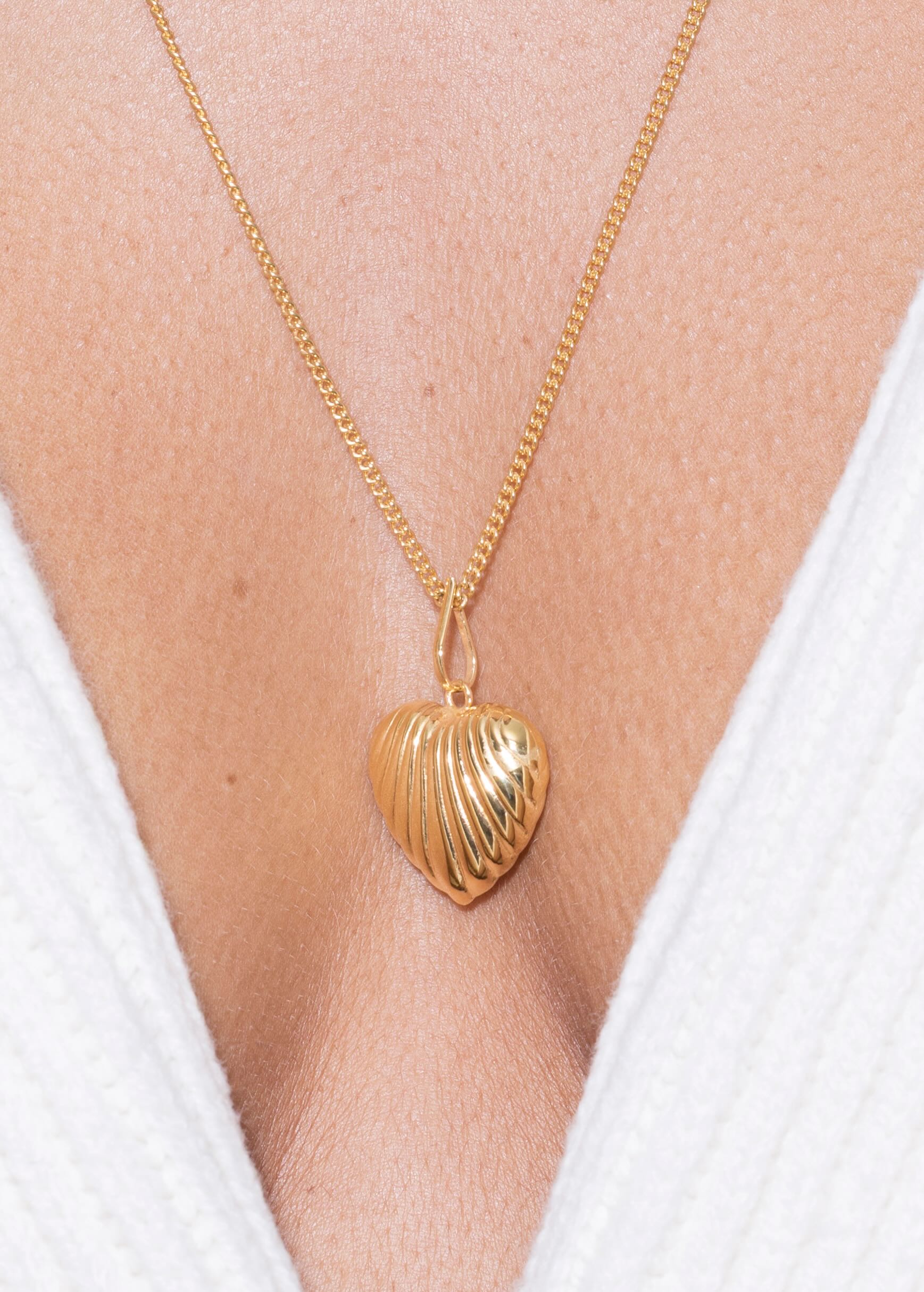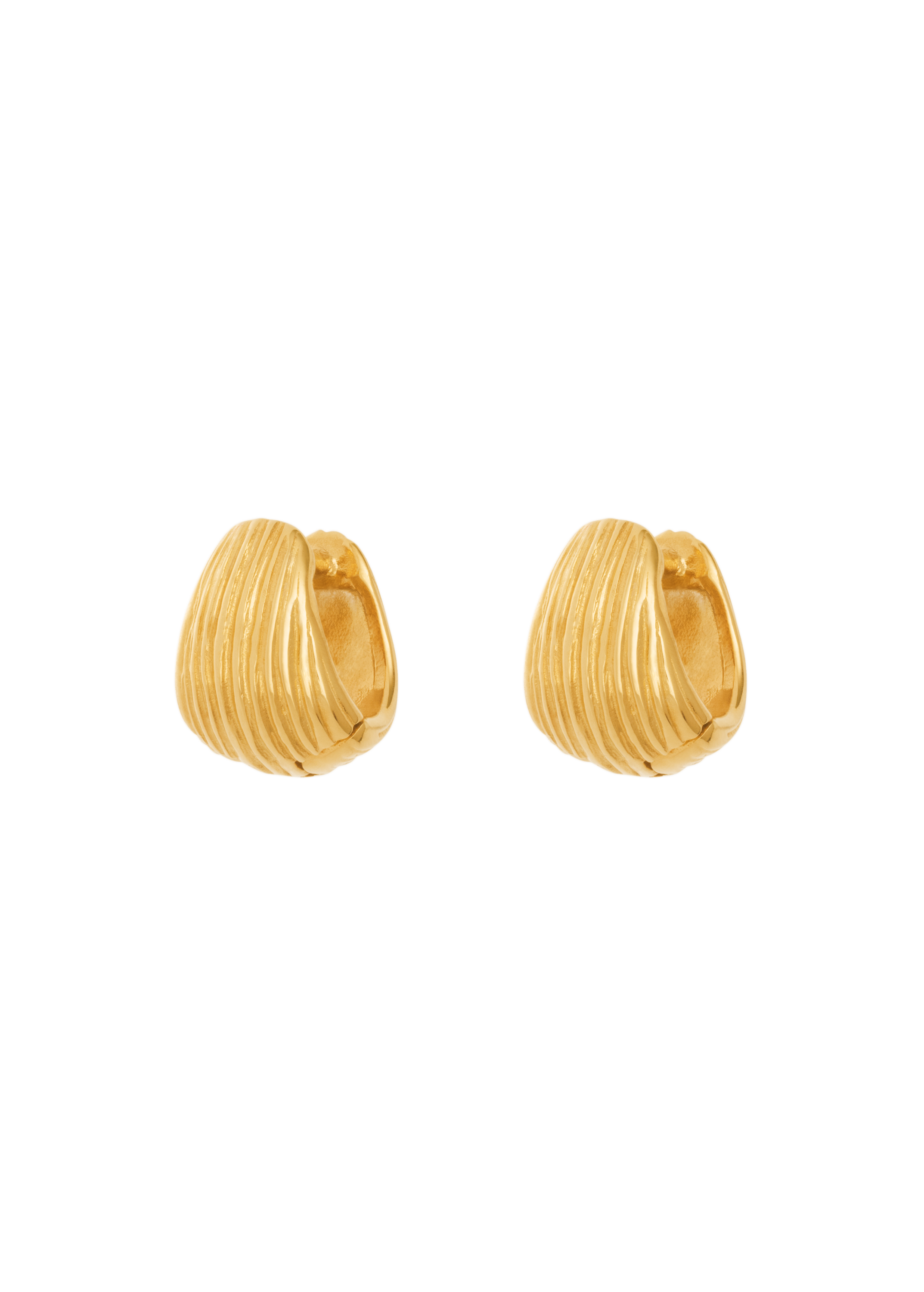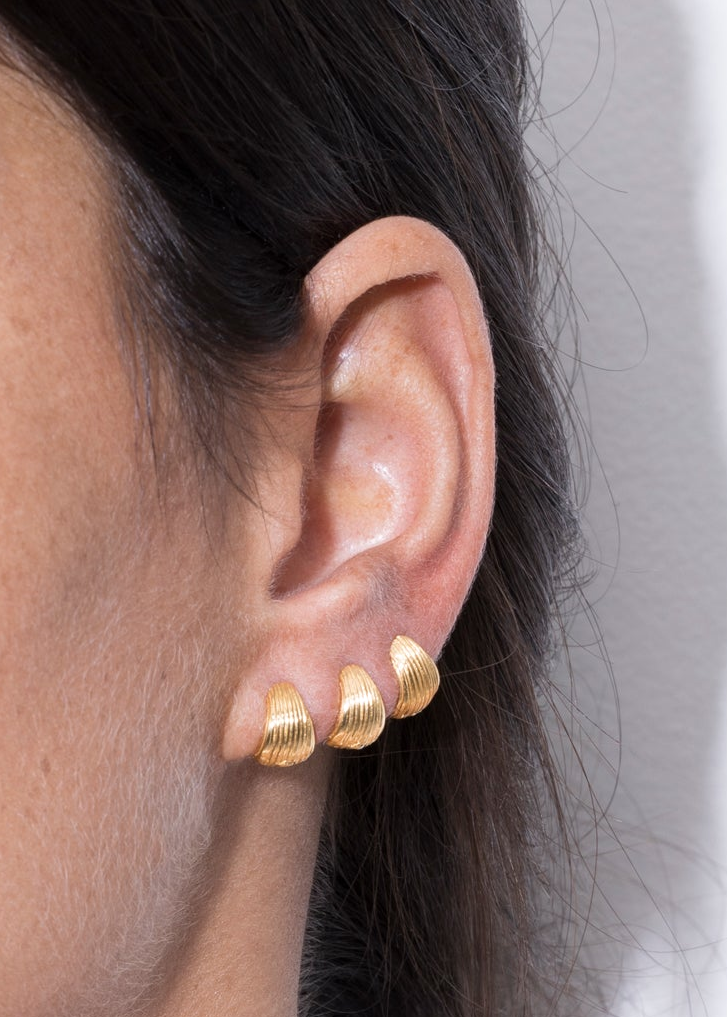our primary goal while taking our kids to the physician for a checkup is obtaining a report on how their health is progressing. however, we must keep in mind that a child's emotional welfare is also a part of their health growth. we asked the pediatrician ana silva for some parenting advices on how to improve social-emotional skills on children.
one of the most debated subjects is bullying. parents' greatest fear when their child starts high school is that they will be bullied. before they reach that age, how can we can we improve kindness on kids, and help them build positive relationships?
ANA SILVA
MD: parenting is not an exact science and, in my opinion, the best way to make decisions is to look at our lifestyle and to make sure our child is well adapted and whether they show signs of any need. I think I’ll start by answering to the second part of the question. happiness is the primary part of positive relationships. positive relationships in childhood, or its concept, begins at home. home is always the safest place for children.
if our child has a positive home environment they will easily notice what is a positive or a negative relationship at school, at the local park, at sport activities and so on. what we have to keep in mind is that a calm, safe and happy environment at home is critical for children’s wellbeing. positive parenting is very important for children’s evolution. it provides a safe environment to the child, reduces anxiety of loss or the negativity of frustration. it gives them several skills to deal with the negative events of life but also shows a clear idea of what is a positive relationship, a positive reaction, a safe place, love, in every dimension of it.
when the child has this home environment they are capable of recognizing a negative one. a happy capable child is also the key to change other children that might not have the same opportunities of love, education, the same positive home environment and same skills to deal with frustration or competitiveness. some children don’t know how to avoid violence - physical or emotional - or how to accept difference. a child raised in a positive, safe and happy place can easily show others how to be kind. so I think the better way to improve kindness is to raise a happy child based in every dimension of positive parenting. it is crucial to show our children from early on how to connect with diversity, to improve capability to share or simply to give.
sometimes our everyday problems are the ones that children can easily recognize and make some simple changes that give them the perception of their impact. so let’s raise happy children. they will be the happy kind adults of tomorrow.
 there isn’t a lot of place for creativity on our day-to-day life. most kids don’t have to entertain themselves since they always have something available to do. we also live in a time of immense public scrutiny and as a consequence of that we can understand that it is always safer to blend in with the crowd instead of standing out. with this in mind, it's a fact that it’s not unusual for kids of all ages to just follow trends on clothes, music, books, toys… and so on. what can we do to improve creativity and self expression?
there isn’t a lot of place for creativity on our day-to-day life. most kids don’t have to entertain themselves since they always have something available to do. we also live in a time of immense public scrutiny and as a consequence of that we can understand that it is always safer to blend in with the crowd instead of standing out. with this in mind, it's a fact that it’s not unusual for kids of all ages to just follow trends on clothes, music, books, toys… and so on. what can we do to improve creativity and self expression?
ANA SILVA
MD: it is true that nowadays children face a world of multiple activities. but it is also true that the amount of activities which they have contact with since early ages bring skills that allow them to make multiple choices since the beginning. choices are decisions and that’s good.
the fact that children can have so many toys or access to platforms like youtube gives them decision making skills since the early stages of neurocognitive development. these decisions are part of what makes their freedom and self expression. in every decision, if they choose to play one game instead of the other, the child is improving creativity. in another way, if we look closely, we see that sometimes the child only plays with the toy as it "is supposed” to in the first two to three times after being bought. afterwards they tend to begin the imaginative game, inventing some games to play with some toy that was not meant for that purpose... sometimes with success, other times not so much.
so, the answer is that the best way to improve creativity or self expression is to keep the child free. free to choose the game, free to try new games on the iPad, free to play new games with a toy which purpose is a very different one, free to try something in the kitchen and to go wrong and there’s no problem with that. sometimes the wrong is perfectly right in the child’s imaginative mind. free to choose if they want to go to the park or if they want to watch 15 minutes of youtube on the sofa. free to choose if they want to go to school with a unicorn suit on pyjamas’ day… freedom can only bring the best from what’s inside and also comes with creativity and an healthy safe self expression.
after giving freedom to children in their activities, and if it happens since early ages, it will be easy for them to accept orders, to accept the word “no”, to accept that something is wrong and stop doing it, easier to keep in mind that the professor’s indications should be followed and so on. so, let’s promote freedom since the birth as a way of raising more creative children.
 at last, we all depend on technology! it has been estimated that we check our phones more than 200 times a day: social media accounts, work emails, text friends and family, read the news, make payments and so on. we are probably not giving our children the best of examples. how can we tell if our children have an unhealthy relationship with technology? is this diminishing their relational skills?
at last, we all depend on technology! it has been estimated that we check our phones more than 200 times a day: social media accounts, work emails, text friends and family, read the news, make payments and so on. we are probably not giving our children the best of examples. how can we tell if our children have an unhealthy relationship with technology? is this diminishing their relational skills?
ANA SILVA MD: this is an important question of todays concerns. it is true that the screen time has some danger to children, not only in its psychological dimension but also for the physical health of vision, neurocognitive interactions, sleep and so many other problems. but it is also true that since birth, children often see their adults on the phone, laptop or iPad.
that happens so often that even before the first words come out, kids already know how to work the tv remote or how to skip the publicity on YouTube. so I think that it is not even a real concept the idea that avoiding the contact between children and technology has any kind of benefit. in my opinion, our effort should be to limit screen time, to bring better educational activities in technological devices and also to create other playing opportunities for children. when we go to the park with our child, they do not remember the iPad. but when we are at home, sometimes they want to go to the phone and other times they want to play with legos or read a book.
in my opinion, to avoid an unhealthy relationship with technology we should give our children other opportunities of playing, sometimes without technology around. if they are aware that playing in the park with other kids is as fun as being on YouTube or the iPad, it promotes a relationship with technology as healthy as the one with parks or legos. the key is to have the same opportunities of access to all types of the possible activities. avoiding contact is the main factor for them to stay in an unhealthy obsession behaviour with any activity.
the major concern comes in the teenage years. this period brings the autonomy, the free access to their own technology and the creation of their own social media networks. here the control of parents is very challenging. there are many experts around the world studying this issue and trying to find some key answer, but the truth is that the variability between each teenager, family, the transformation of the body, discovery of emotions and sexuality brings so many aspects that aren’t possible to generalize to every kid. about this issue the opinions are sometimes different, but what i usually say to the parents, and nowadays the scientific solution in the one in which I believe in, is that the better way to keep the kid in the right direction is to promote confidence. self confidence and home confidence. if the kid trust the parents and home environment, these changes will occur more easily and the dangers will be recognized and shared as a family. sometimes if the kid knows that the parent will see their social media without any judgement, or concern, but will also show no interest in controlling it, it gives the kid the trust to keep their life going on, with freedom and also gives them space to share any doubts or concerns that could avoid some serious problems in the future.
if this confident relationship does exist it is easy to recognise when the use of social media doesn’t fit or when it is going wrong: when kids are obsessed with their phone or socials; when parents detects some kind of cyber bullying or some fear to show the social interactions to the parents; when parents detect some pathological behavior, dangerous activities usually in the same hour and same day; when the kid begins to show a pathological relationship with food or with body perception; in any of these situations it is better to make an appointment with a pediatrician specialized in adolescence in order to search for help that could interfere in the future of the teen kid.
so, globally, being aware of red flags, but also giving freedom and confidence to children might help avoiding pathological relationships with social media. let’s stay calm, technology is a really important part of our daily routine and also of childrens' life. present and future. managing the amount of time spent on it as well as the quality of its use is the biggest effort that parents could make.
 ana silva
ana silva is a graduated pediatric doctor from the university of coimbra and is currently the head of the pediatric department at CUF coimbra hospital and CUF viseu hospital. she is also a specialist in neonatal intensive care and last but not least, a powerful and inspiring woman. she constantly carries a CINCO lucky item, which allows her to be thus strong while remaining the sweetest with our kids!

 there isn’t a lot of place for creativity on our day-to-day life. most kids don’t have to entertain themselves since they always have something available to do. we also live in a time of immense public scrutiny and as a consequence of that we can understand that it is always safer to blend in with the crowd instead of standing out. with this in mind, it's a fact that it’s not unusual for kids of all ages to just follow trends on clothes, music, books, toys… and so on. what can we do to improve creativity and self expression?
there isn’t a lot of place for creativity on our day-to-day life. most kids don’t have to entertain themselves since they always have something available to do. we also live in a time of immense public scrutiny and as a consequence of that we can understand that it is always safer to blend in with the crowd instead of standing out. with this in mind, it's a fact that it’s not unusual for kids of all ages to just follow trends on clothes, music, books, toys… and so on. what can we do to improve creativity and self expression? at last, we all depend on technology! it has been estimated that we check our phones more than 200 times a day: social media accounts, work emails, text friends and family, read the news, make payments and so on. we are probably not giving our children the best of examples. how can we tell if our children have an unhealthy relationship with technology? is this diminishing their relational skills?
at last, we all depend on technology! it has been estimated that we check our phones more than 200 times a day: social media accounts, work emails, text friends and family, read the news, make payments and so on. we are probably not giving our children the best of examples. how can we tell if our children have an unhealthy relationship with technology? is this diminishing their relational skills?








